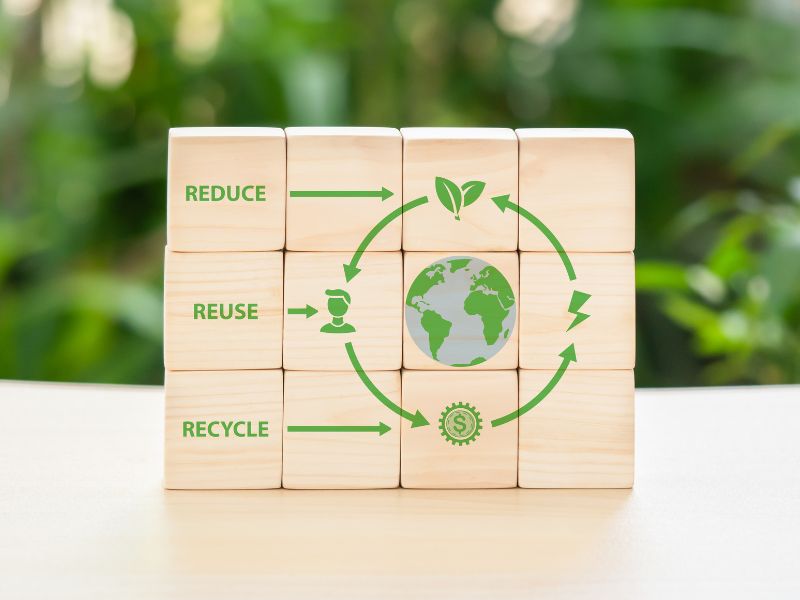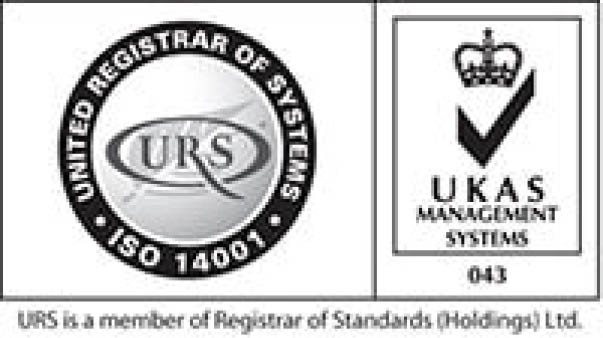The circular economy is arguably one of the most vital ideas in modern times. It affects all of us. And it’ll have implications for our children, grandchildren and generations beyond. Yet it seems 90% of us don’t know what it is.
The idea behind the circular economy is easy enough to grasp. It means reusing things we no longer need rather than discarding them and forever consuming new resources to make new things.
Making it a reality means changing how we think and how we act, which makes it a little harder.
How to Engage with the Circular Economy
Binning something is the easy option – but it comes at a price.
Clothes we no longer wear, toys our kids have outgrown, furniture and household items we choose to replace. Putting them in a bin and having someone take them away takes next to no effort. Taking them to the recycling centre can often be combined with a journey you were making anyway.
But what happens then? At best the materials are recycled, at worst they go into landfill. And somewhere in the middle there’s energy from waste. Environmentally and financially we all end up paying one way or another.
Is this Still Usable?
This is the question we all need to get used to asking more often.
So much of what gets thrown away is perfectly usable and sometimes it can even be worth something. There are a multitude of freecycling and upcycling sites that can find new homes that would be grateful for things you no longer need.
You might even earn a few quid for a small amount of effort. You’ll definitely be doing your bit for the planet.
Responsible Waste Handling
Wellington Waste strive to deal with whatever you decide to throw away as responsibly as possible. We recycle over 80% of what we collect in our skips. As awareness of the circular economy grows, our hope is that we’ll only be handling things that really can’t be repaired, reused or repurposed.
If you have a large volume of waste you want to be handled responsibly, get a quote here.

